As heard on Episode 105 of the Outdoor Journal Radio podcast
The advancements in drone technology have certainly changed the game of videography, but do they have a place in our outdoor pursuits?

One of our many aerial shots from year’s season of The Fish’n Canada Show
Drones for Hunting?
At the time of writing, 45 out of the 50 U.S. states and all Canadian provinces have laws that restrict the use of drones in hunting.
Of the five standouts, four states (Ohio, Wisconsin, Illinois, and Missouri) allow for drones only in the recovery of game after the shot. Alabama, the remaining state, is by far the most liberal when it comes to its drone regulations, allowing them for game recovery, scouting, and other practices to assist the hunt.
As talked about on the podcast, however, one Ohio-born hunter is suggesting that more states should consider rethinking their regulations.
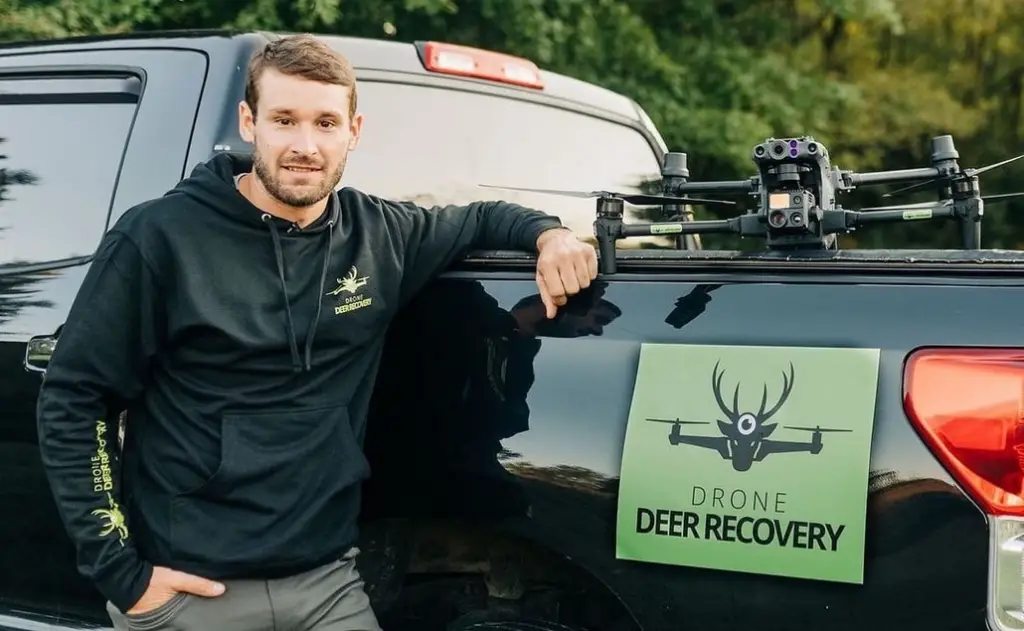
Mike Yoder of Drone Deer Recovery
Originally reported in AgWeb by Chris Bennett, Mike Yoder has filed a federal lawsuit “contending he has the constitutional right to collect and disseminate information on the location of downed game.”
This all started in 2022 when Yoder launched his company called Drone Deer Recovery (DDR), a business designed to use drone technology to help hunters locate downed deer. The process is as follows:
“When DDR arrives on-site, the hunter signs paperwork attesting to a lost deer kill. Deploying state-of-the-art tech, DDR sends up a drone at approximately 400’, searching for the dead deer’s body heat signature with a thermal camera. Once telltale heat is detected, the drone’s 200x zoom camera checks the spot to confirm the presence of a carcass, and the GPS location is collected.”
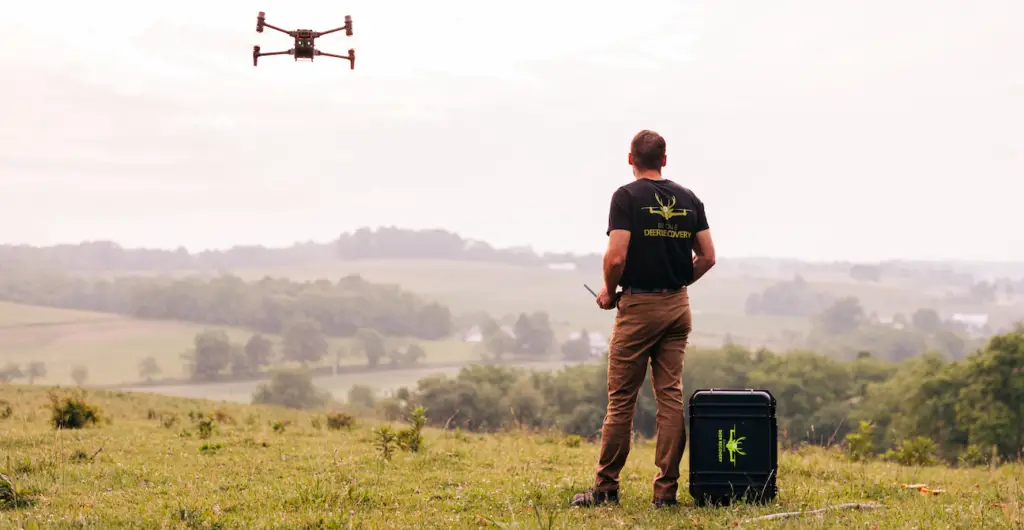
Photo by Drone Deer Recovery
The lawsuit came when DDR was blocked by Michigan DNR, threatening a penalty of up to 90 days in prison and a fine as high as $1,000 for violating Michigan’s “Drone Statute”, which bans all drone tech related to deer hunting.
The full details of the lawsuit can be found here, but more important to us is the conversation around the ethics and “slippery slope” of allowing too much technology into our outdoor pursuits and eliminating the notion of fair chase.
Is Using A Drone in Hunting Scenarios Ethical?
As Ang and Pete mentioned on the podcast, this is a tough question to answer.
On one hand, the recovery of game should be the number one priority of the hunter after a shot is taken, and this technology does seem to be effective for that.
In fact, according to Yoder, it is nearly 100% effective.
“Probably 97% of our business is archery-related and we search roughly 800 to 1,000 yards from the track site or where the deer ran according to the hunter’s eyes,” Yoder explains in an interview with AgWeb. “We recover almost 100% all carcasses—that’s how great the technology works.
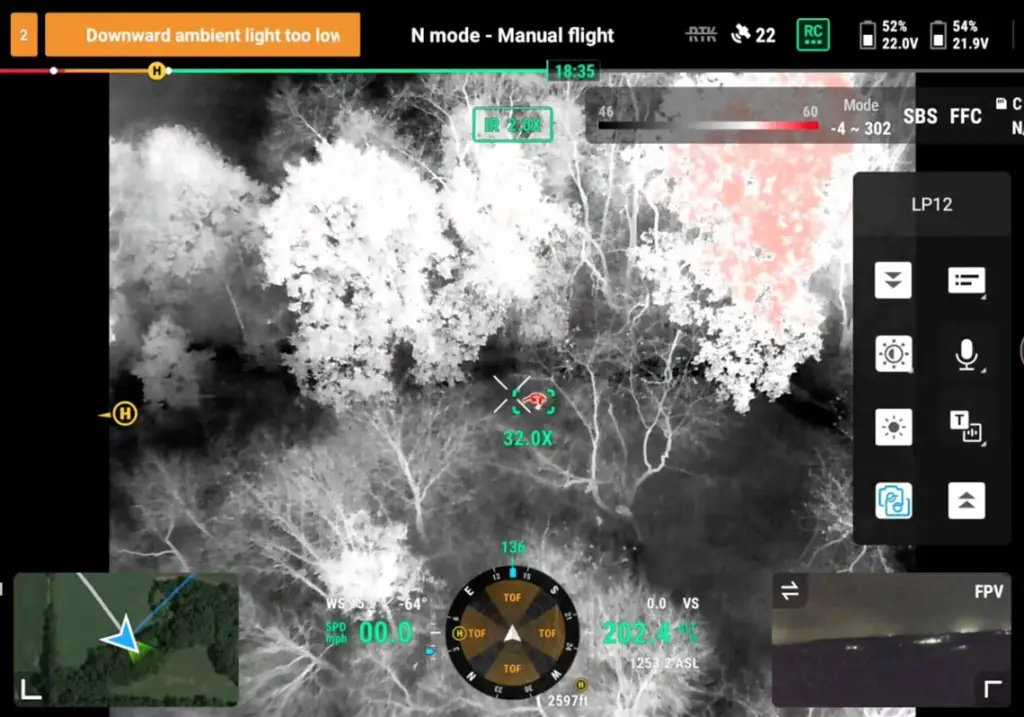
Despite the effectiveness of this pursuit, it is also not hard to see how the introduction of this kind of tech into the hunting world could be a slippery slope to eliminating fair chase, as the loopholes hunters could use to get drones in the air for scouting and pursuit are obvious and easily exploited.
Drones for Fishing?
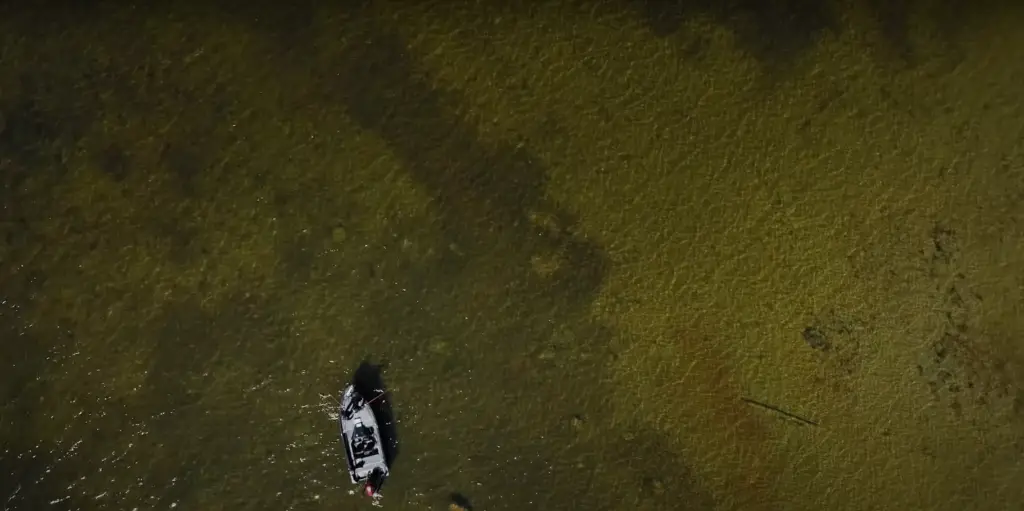
As many conversations on our podcast do, the discussion of drones for hunting quickly led to fishing, a place where technology is much more readily embraced.
The screenshot above was from Episode 1 of the new season, where Ang and Pete were targeting shallow water pike in the Killarney area of Georgian Bay. During the filming of this episode, our crew members Vova and Dean could see big pike cruising in the shallows from the camera on their drone, but due to current regulations in Ontario, were technically unable to assist the anglers in locating the fish.
Thankfully, the Garmin technology on the boat did that job for them, but it did lead the boys to wonder whether drone technology is any different than the sonar most boats are now employing.
What do you think? Do drones belong in our outdoor pursuits? Let us know in the comments below for a chance to have it read on a future episode of the podcast!


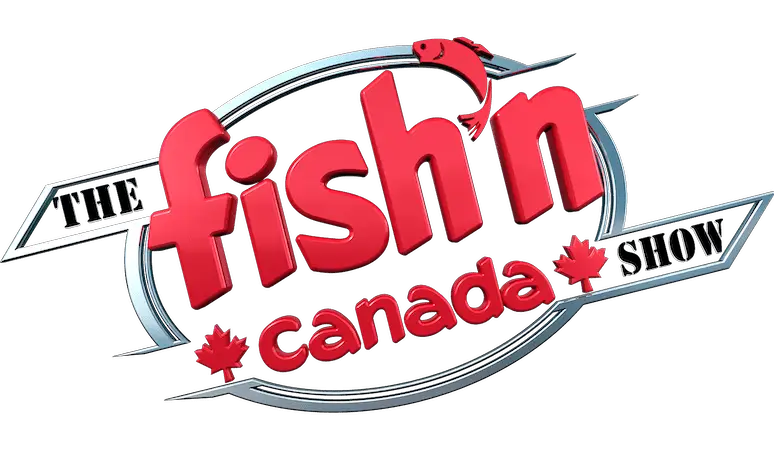

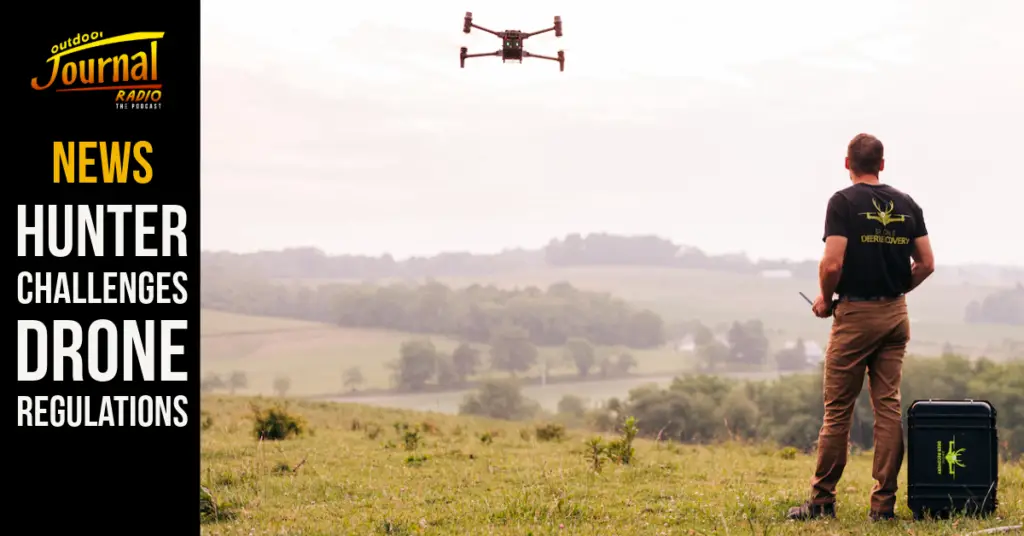
2 Responses
I do think in certain cases that a drone could be used to find Moose. There’s been a time or two that my group received a Moose tag, but where we hunt in Ontario it’s very hard to come by a Moose tag and even a Moose. There are very few tags given out in our area. Just once I’d like to find one to harvest. So yes I think a drone would be helpful!
Cheers
Butch 1951!!
Spelling Police
It’s Aerial not Ariel.